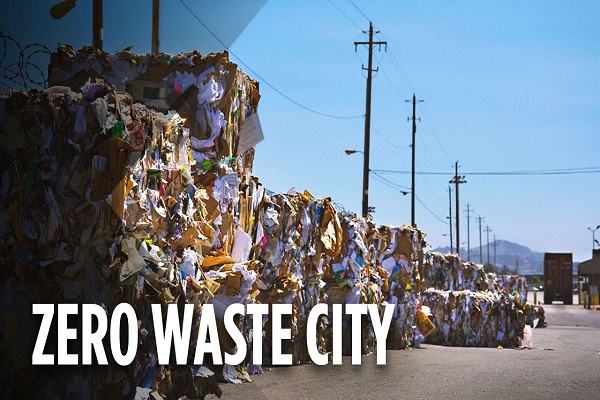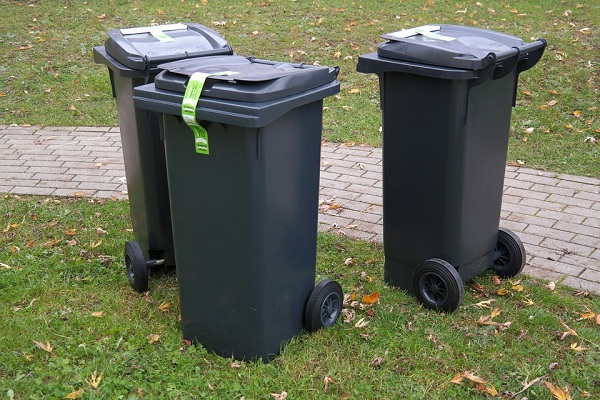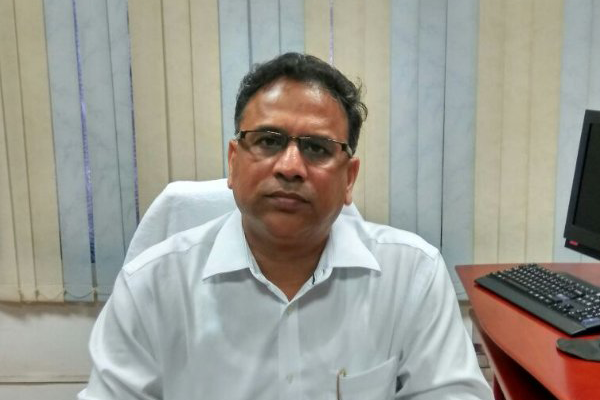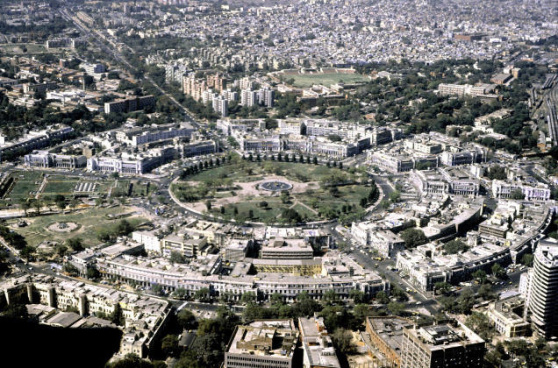
Seema Redkar, Officer on Special Duty (ALM), Municipal Corporation of Greater Mumbai elucidates in conversation with Veena Kurup the role, importance and contribution of solid waste management for a qualitative civic life.
The rapid escalation in the population is always supplemented with an increasing demand for more infrastructure and construction facilities. Employment and gaining a balanced economy is another concern for a country having such a rapidly exploding population, ultimately leading to the emergence of new cities and urban areas.
The rapid dynamic population growth and immigration for new economic opportunities is expected to congest the urbanized areas, resulting to various civic issues like tremendous pressure on basic amenities, urban infrastructure, sanitation, waste management and ultimately degradation of quality life. This congestion in a qualitative lifestyle is expected to result in the generation of unwanted or useless solid materials from residential, industrial and commercial activities. Hence, the concept of implementing an effective management for solid waste to reduce or eliminate such adverse impacts on environment and human health becomes of utmost importance to support the socio-economic life of a qualitative civilization.
Mumbai, India’s financial capital and one amongst the country’s prominent metro regions, faces the concern of high density in population and a heavy inflow of immigrants seeking better qualitative life. Solid waste management in thus becomes of utmost importance for a city like Mumbai, wherein the Municipal Corporation of Greater Mumbai plays a pivotal role in executing and monitoring the purpose.
Exploring the concept
The process of solid waste management by any governing body, like a Municipal Corporation, can be elaborated as a four-tier process – street sweeping, waste collection, waste transportation and waste disposal. All the four steps can be considered as the four core or prime pillars of an effective solid waste management process.
Prior to execution of these four steps, a visit to the region outlined for undertaking a detailed analytical study is the pre-execution stage of solid waste management process. The study involves a deeper observation and analysis over the location, population dwelling, density of population, socio-economic and political activities undertaken in the area and current waste disposal system. The Corporation then releases tenders and hires the contractors, as per their expertise, for executing the functions of collecting/transporting/disposing the wastes. Each step in this process has its own role of importance and is of pivotal importance for effective implementation and execution of the solid waste management system.
Contribution towards creation of ‘Smart Cities’
A ‘smart city’ is developed upon numerous distinct elements and solid waste management is one of these vital aspects. For instance, today, to address the rising concern of carbon emissions in construction process contractors are mandatorily asked to utilize equipment as per Euro-IV standards. Hence, for employing such operational standards we need to have active participation and acceptance from the contractors in utilizing equipment as per the prescribed technologies. Similarly, the effectiveness of solid waste management system depends upon the active participation of all the stakeholders and citizens. Solid waste management is of grave importance to an urbanized region which faces the constant pressure of increasing population density, rising infrastructural demands and expanding inflow of immigrants.
Hence, the need for creating a stronger civic sense among the citizens is of pivotal importance for the success and fruitful implementation of solid waste management system. Understanding the concept and context of waste segregation is also a vital component in the solid waste management process. This is the stage where India still lags behind as against the international counterparts. For instance, in a country like Finland, only around 7 percent of the waste gets disposed into the dumping yard and the remaining about 93 percent of the waste component is recycled. This level of effectiveness in implementing the solid waste management system is possible only due to qualitative spread of civic sense, clear understanding and acceptance over the concept of waste segregation.
The complete article is available I February 2014 edition.





















